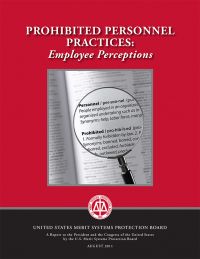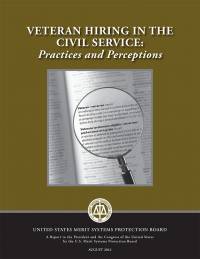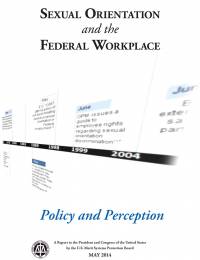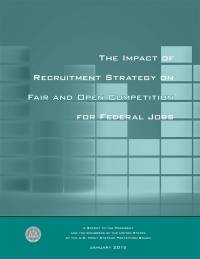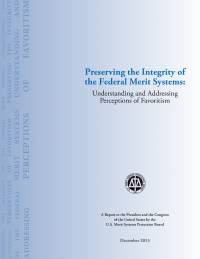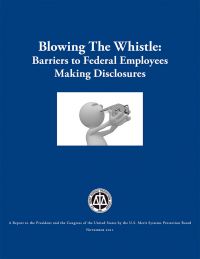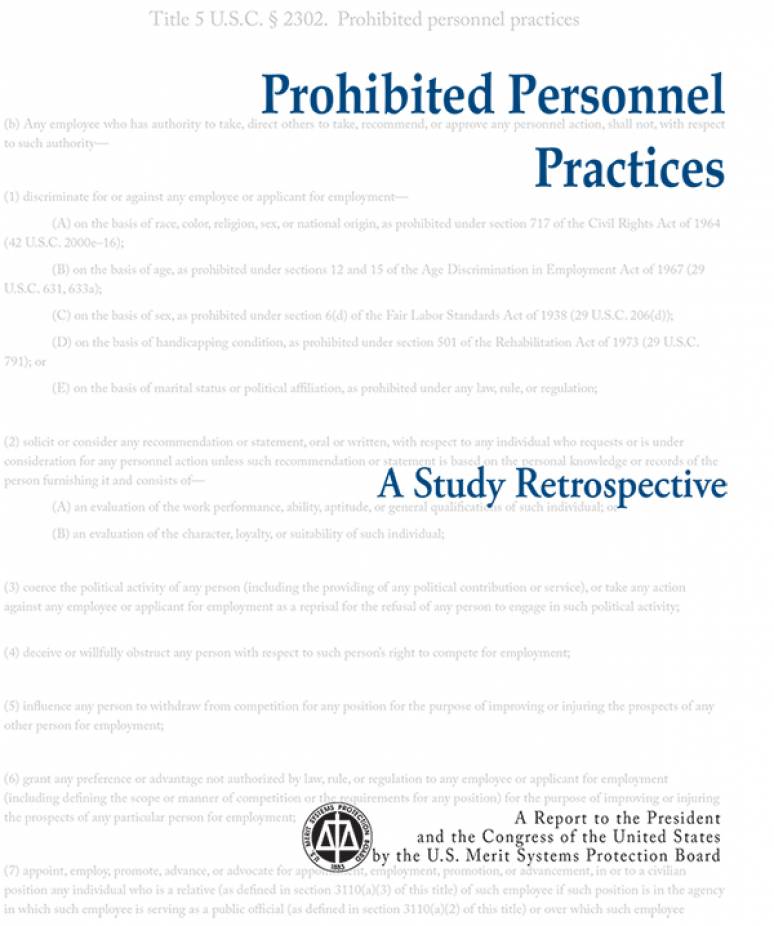
This report focuses on the Prohibited Personnel Practices, PPPs, because occurrences of these particular behaviors can have an exceptionally negative impact on the morale and productivity of any Federal office. The 12 PPPs identified at 5 U.S.C. § 2302 (b), are, in short:3 (1) Discriminate against an employee or applicant based on race, color, religion, sex, national origin, age, disability, marital status, or political affiliation; (2) Solicit or consider any recommendation that is not job-related and based on personal knowledge of the employee or applicant; (3) Coerce the political activity of any person; (4) Deceive or obstruct any person from competing for employment; (5) Influence anyone from withdrawing from competition; (6) Give an unauthorized preference or advantage to an employee or applicant; (7) Give employment advantages to relatives; (8) Retaliate against employees or applicants for whistleblowing;
INTRODUCTION 1
Purpose of this Report 1
Future Prohibited Personnel Practices Studies 2
FINDINGS REGARDING DISCRIMINATION 5
Trends 5
Perceptions Regarding Ethnicity/Race-Based Discrimination 8
Perceptions Regarding Gender-Based Discrimination 9
Perceptions Regarding Age-Based Discrimination 9
Perceptions Regarding Other Bases for Discrimination 10
FINDINGS REGARDING WHISTLEBLOWING 13
Observing and Reporting Illegal or Wasteful Activity 13
Reprisal for Blowing the Whistle 14
FINDINGS REGARDING MERIT-BASED HIRING 17
Perceptions of Unfair Competition 18
Perceptions of Unfair Advantage 19
FINDINGS REGARDING VETERANS’ PREFERENCE 21
Veterans’ Preference and the Rule of Three 21
CONCLUSION 25
PROHIBITED PERSONNEL PRACTICES 27
REPORT LIST 31
All federal human resource, job hiring decision-makers, individuals who beleive they have been discriminated against for any cause associated with this report would find the resource valuable and critical to the filing of potential illegal job hiring practices.


